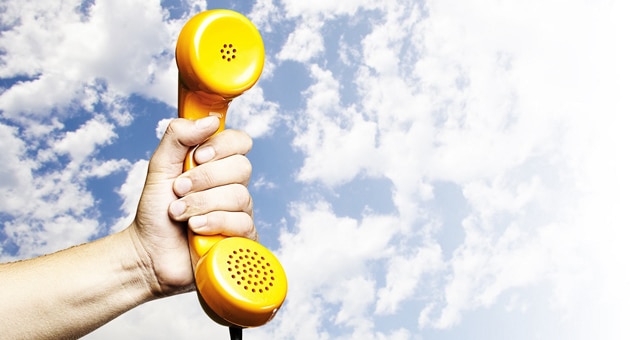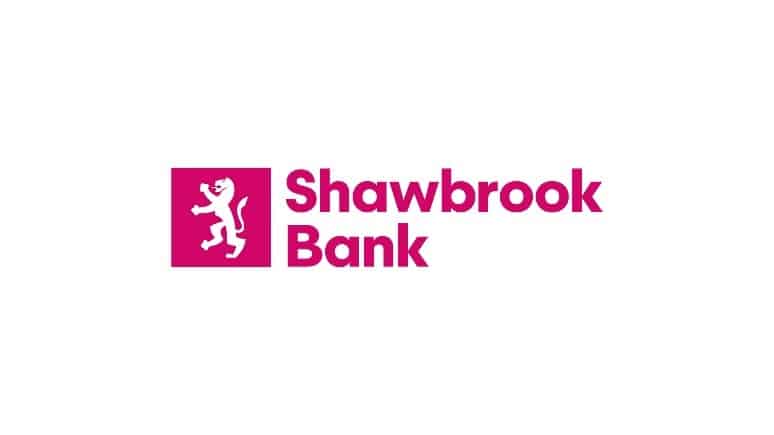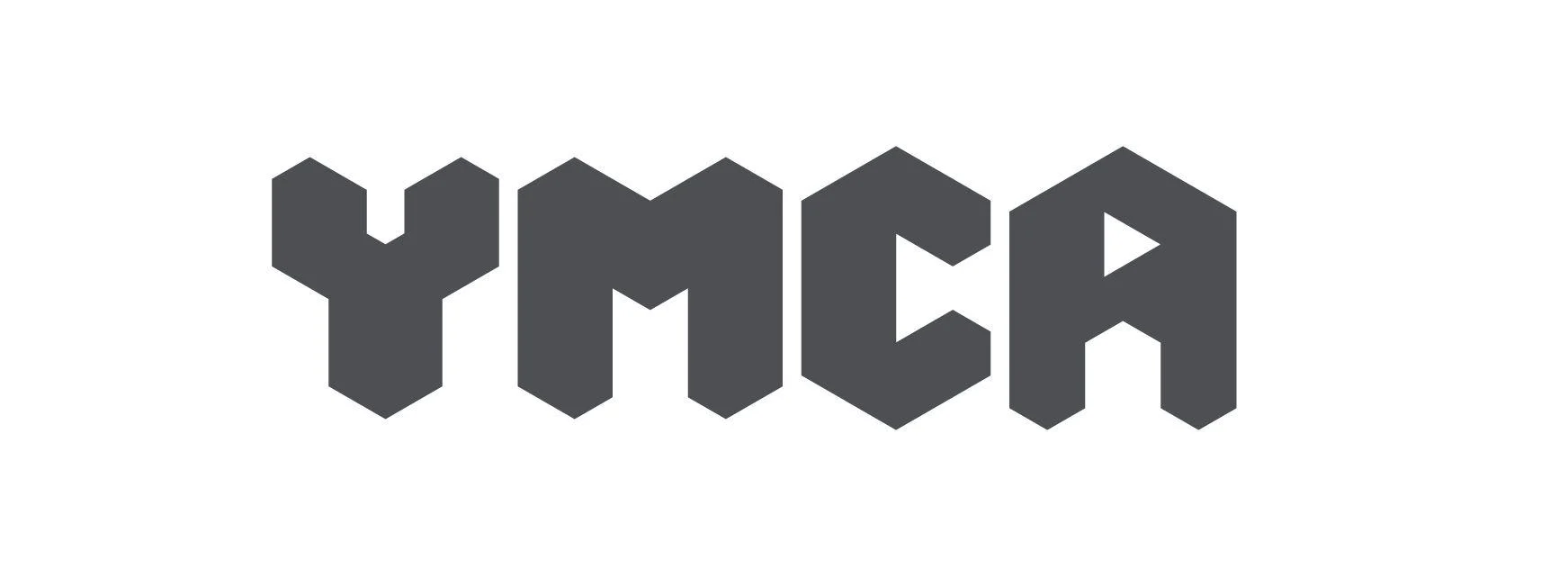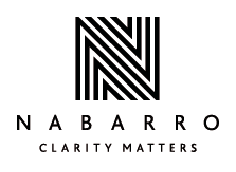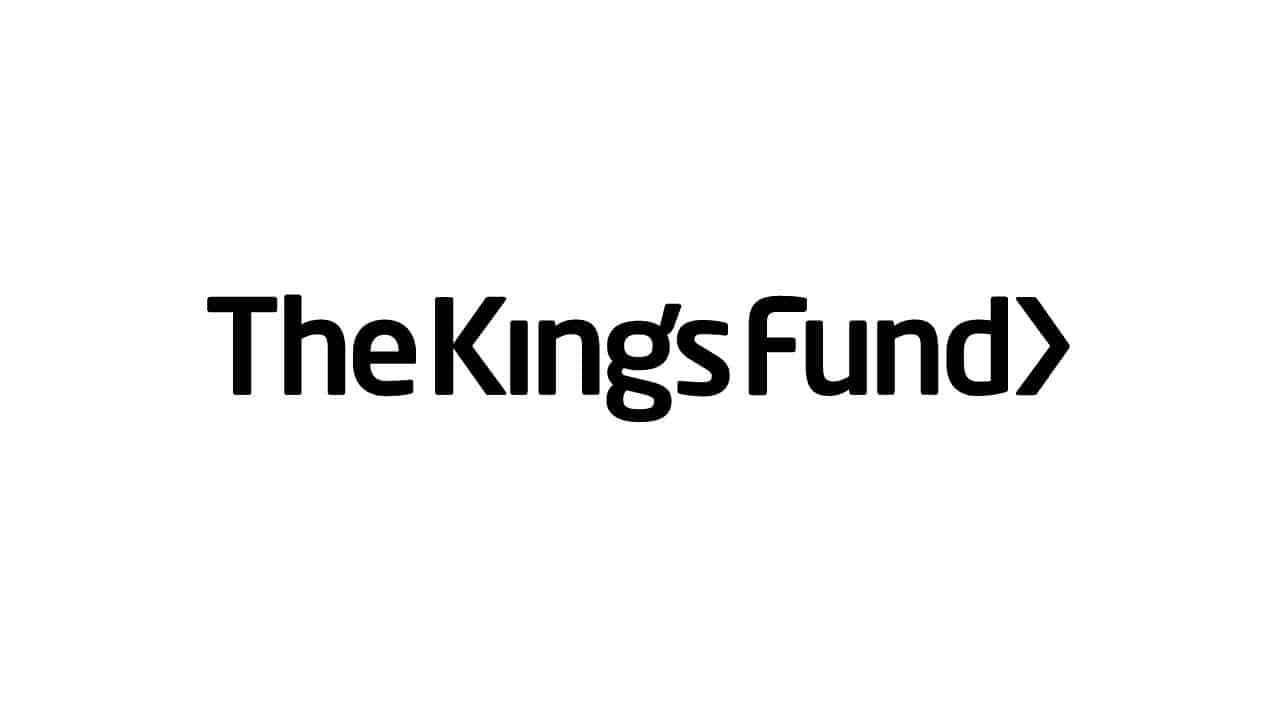Professional email writing
Expert content to help you make the most of the #1 communication channel at work
Contents
Featured
Five email mistakes that will lose you customers
Seven ways to show the people you email you care (no need for xoxo)
How to write effective networking emails, using psychology [with examples and templates]
How do you start and end an email?
The one phrase you should (almost) never use to start an email
Why you should always include ‘sent from my iPhone’ in your mobile signature
All articles

How to show empathy in your customer service responses [with examples]

Five email mistakes that will lose you customers

How do you start and end an email?

How to write effective networking emails, using psychology [with examples and templates]

Seven ways to show the people you email you care (no need for xoxo)

The one phrase you should (almost) never use to start an email

Why you should always include ‘sent from my iPhone’ in your mobile signature

Writers without borders: three rules for international emails
